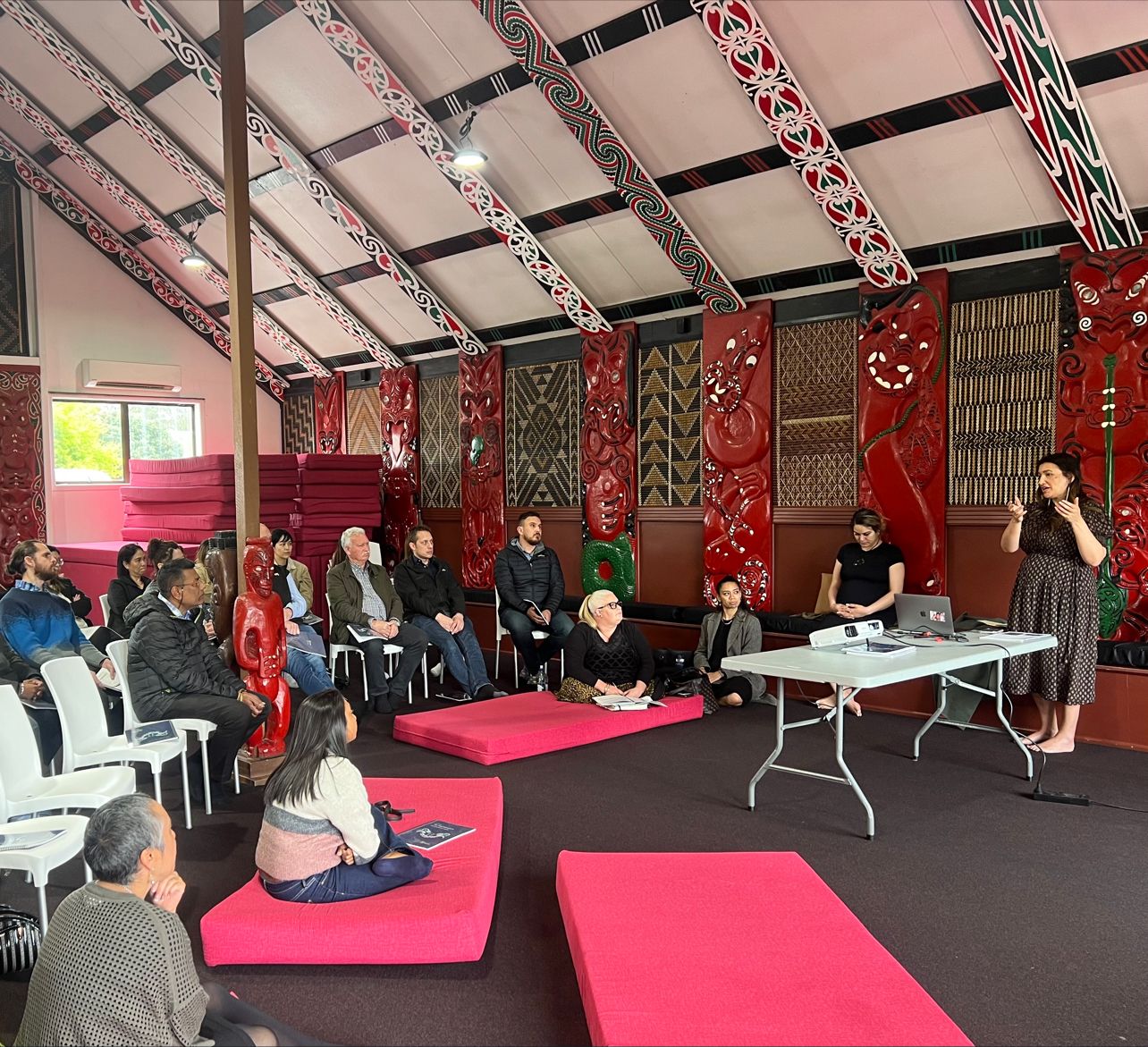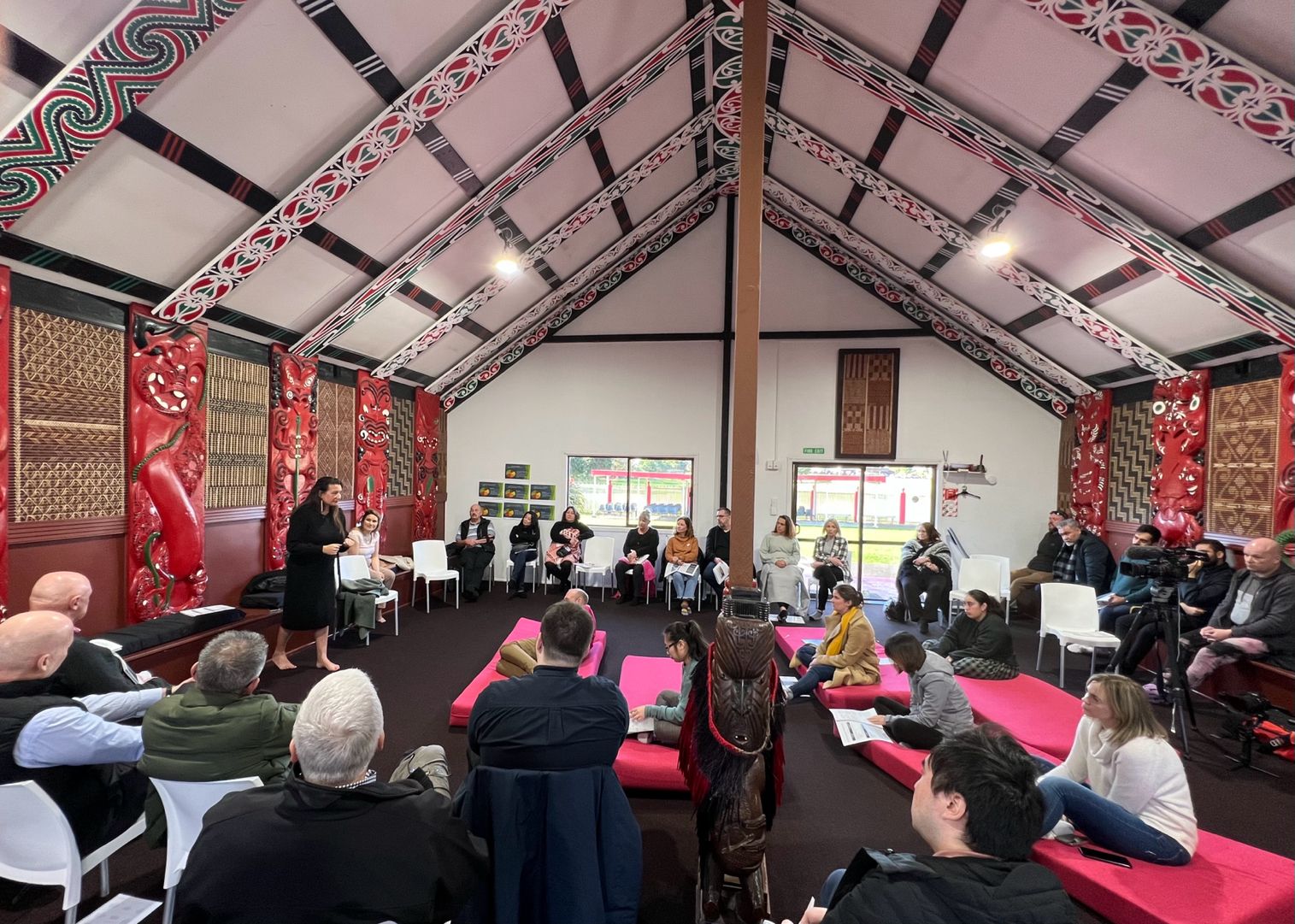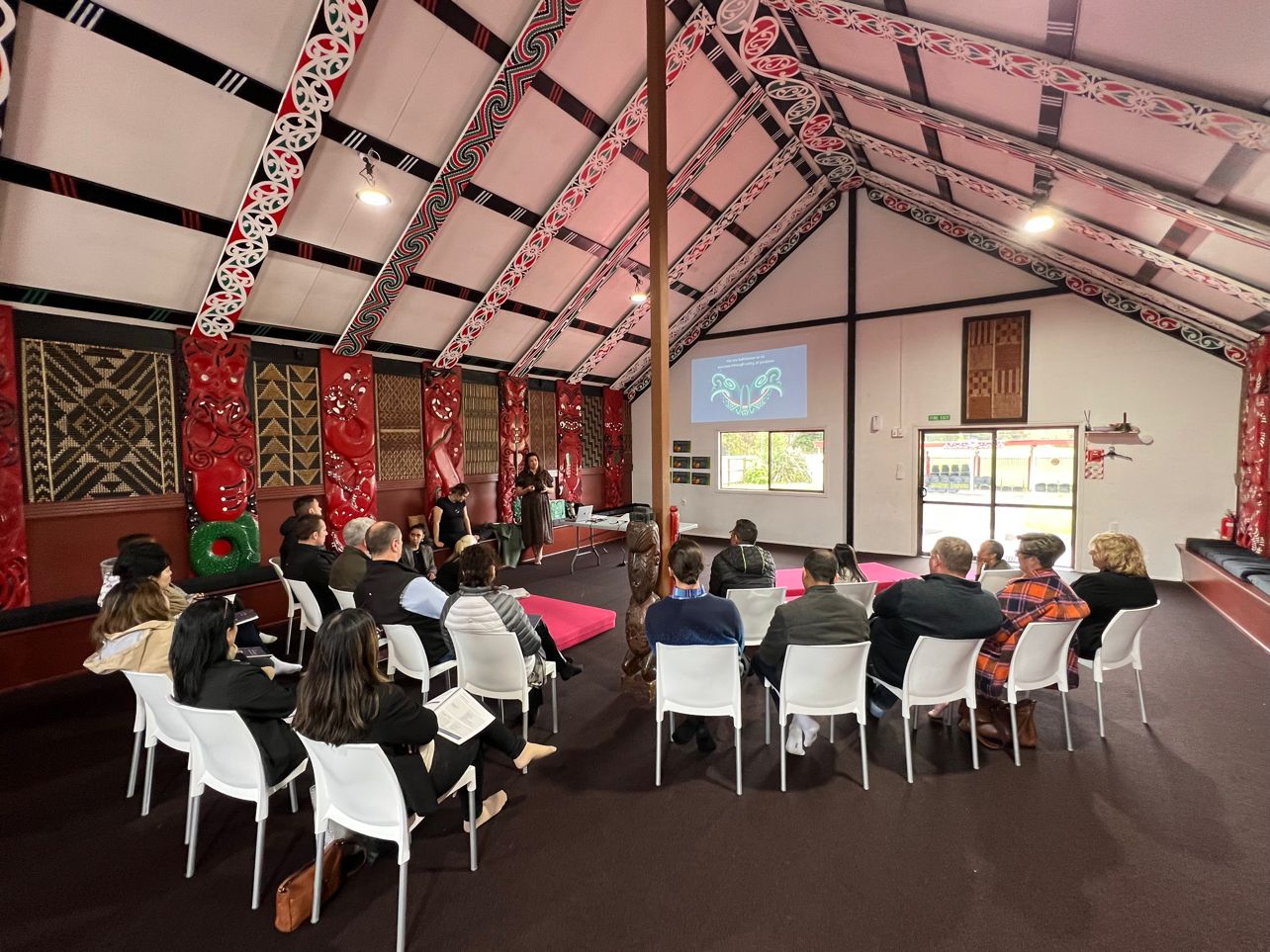Whatever the motivations prompting organisations to acknowledge the Treaty’s significance, it is becoming a widely accepted business norm in Aotearoa New Zealand to provide opportunities for boards, leadership teams and staff to advance their knowledge and education on this very important and relevant topic. We wholeheartedly support organisations in this endeavour and welcome the opportunity to work with people in all sectors to develop your understanding and stimulate thinking about the Treaty’s practical application.
There is an increasing awareness of Te Tiriti o Waitangi and the English language version, of the Treaty of Waitangi and the meaning and effect of the agreement. This includes a greater awareness and growing understanding of the articles and the principles of the Treaty and the relationship it guaranteed including its rights, obligations and responsibilities of the parties (rangatira Māori and the Queen of England / the Crown) to each other.
Despite its meaning and effect the Treaty continues to spark significant debate and contention. This is not surprising given it is a fundamentally important constitutional basis for different (but not mutually exclusive) sites of political authority. Where there is a power imbalance there is almost always contention and a need for reconciliation.
Adding to this, many New Zealanders have not been afforded the opportunity to understand its historical and contemporary context, largely only being exposed to soundbites from news reports which tend to accentuate division and personal opinion, often devoid of facts and relevant contexts.
Mather Solutions can facilitate interactive and engaging wānanga / workshop sessions which focus on the ‘why’ as well as the ‘how’ questions as to the paramount importance of embedding Te Tiriti principles and aspirational Māori perspectives into your organisational culture. The historical context, intent and principles of the bi-cultural foundations of our nation are covered as well as the relevance to your organisation and the communities you serve.




